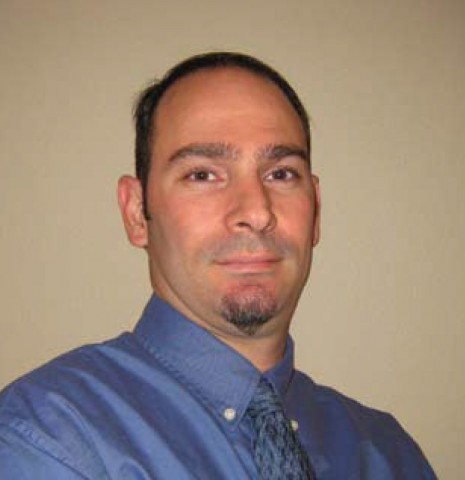
As a boy, Mike Trepper sometimes got into trouble. He and his friends, who grew up in Miami, were “good kids caught up in bad systems.” Mike began to feel as though there had to be a better way, that he and his friends could be using their talents and energies for something else.
While still in high school, Mike volunteered at an elementary school. Yet he still was unsure how to translate his interest in social justice into a career. As an undergraduate at the University of Florida, he majored in sociology and began to study people and the systems in which they operate. When he graduated in 1997, he worked for the Boys and Girls Club. Mike decided that he needed a higher degree to go even further in his field.
Mike chose the U-M School of Social Work for its programs in community organization and community and social systems. One of the first people he met here was Assistant Dean Tim Colenback, who soon became a mentor. “He was someone I could relate to,” Mike says. “He seemed real.” Mike also credits Associate Professor Brett Seabury and Professor Barry Checkoway with having helped shape his professional development.
During a field placement at Rosedale Park Baptist Church in Detroit, he met another mentor, Pastor Dennis Talbert. Mike was impressed by Pastor Talbert’s genuine attempt to “practice what he preached” by both living and working in his community. Pastor Talbert and the people he served in his small youthministry office were like family, teaching Mike “that if you can’t walk through neighborhoods and connect with people, then all those degrees don’t really matter.”
“Mike is an incredible man,” Pastor Talbert says in return. “He was always up for a challenge.” Pastor Talbert remembers a moment right before he was heading out to do work in Africa. The church had just begun a new program called “Superkids,” which helps underachieving kids (with a GPA of 1.0 or less) become interested in learning. He put his arm around Mike and said, “I need you to take over Superkids.” Mike was surprised. “When?” he asked. “Starting today!” Pastor Talbert told him. The same children who entered the program that year are now graduating from high school. Many became honor roll students along the way.
After graduating from the U-M School of Social Work, Mike worked for the National Conference for Community and Justice, where he did diversity training in government organizations, corporations, and schools. Mike was also instrumental in developing programs that empowered young people to create community change. The Tampa/Hillsborough County Human Rights Council recognized his work, giving him a Human Rights Award in 2005.
In 2006 he helped found the Boys Initiative in Tampa, Florida, and worked there for two years. As executive director, his focus was to help build boys into responsible men. With the right support system, Mike believes, boys are less likely to “go astray” or perpetuate stereotypical notions of masculinity.
Mike is currently director of strategic initiatives with Big Brothers Big Sisters of Tampa Bay. His work at the executive level allows him to create broad community change and empower others to be advocates. The ability to work at the macro level, Mike says, “builds off the roots of working directly with young people.”
Mike is proud of his life in social work. “We need more men in this field,” he says. The experiences he had as a boy guide his efforts today and allow him to be a role model to the youth he serves and to his colleagues. His work is also for his own children— he has two boys, ages six and four—because “they’ll be walking through this world too.”
—Jane E. Martin is assistant editor at the School of Social Work.